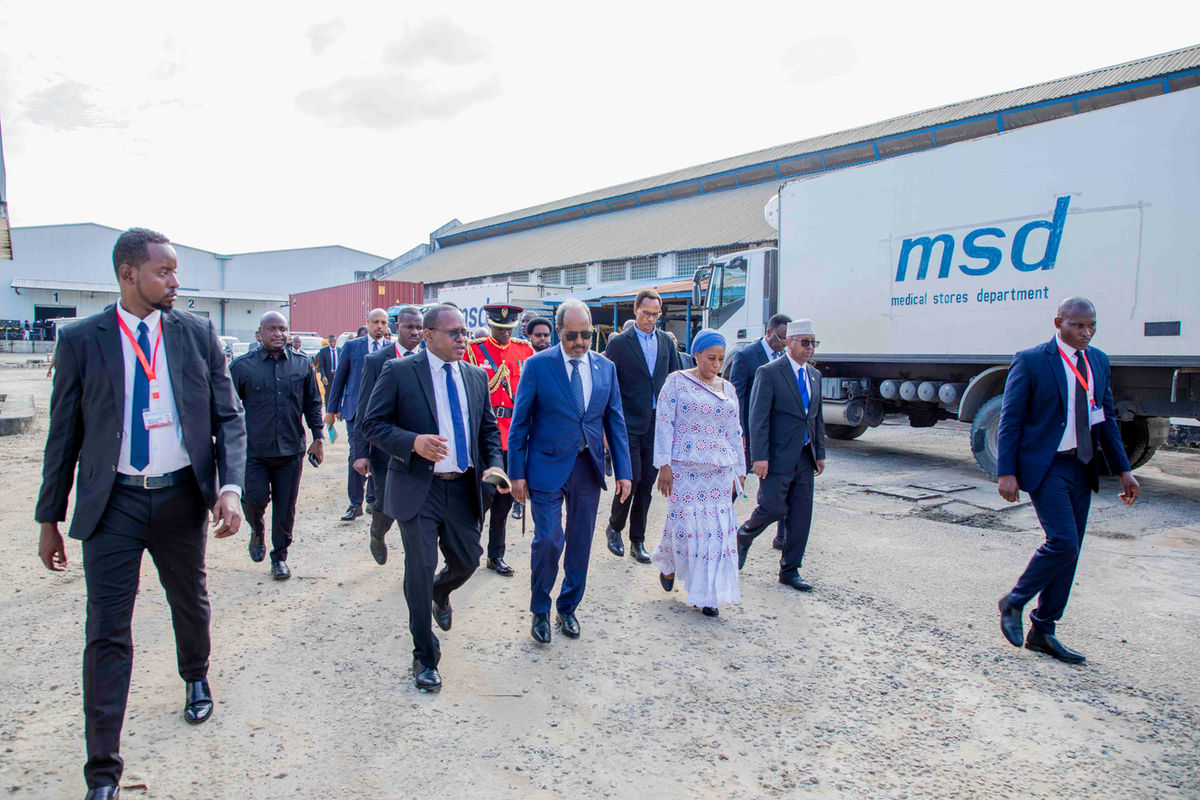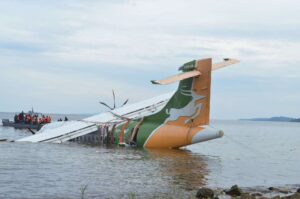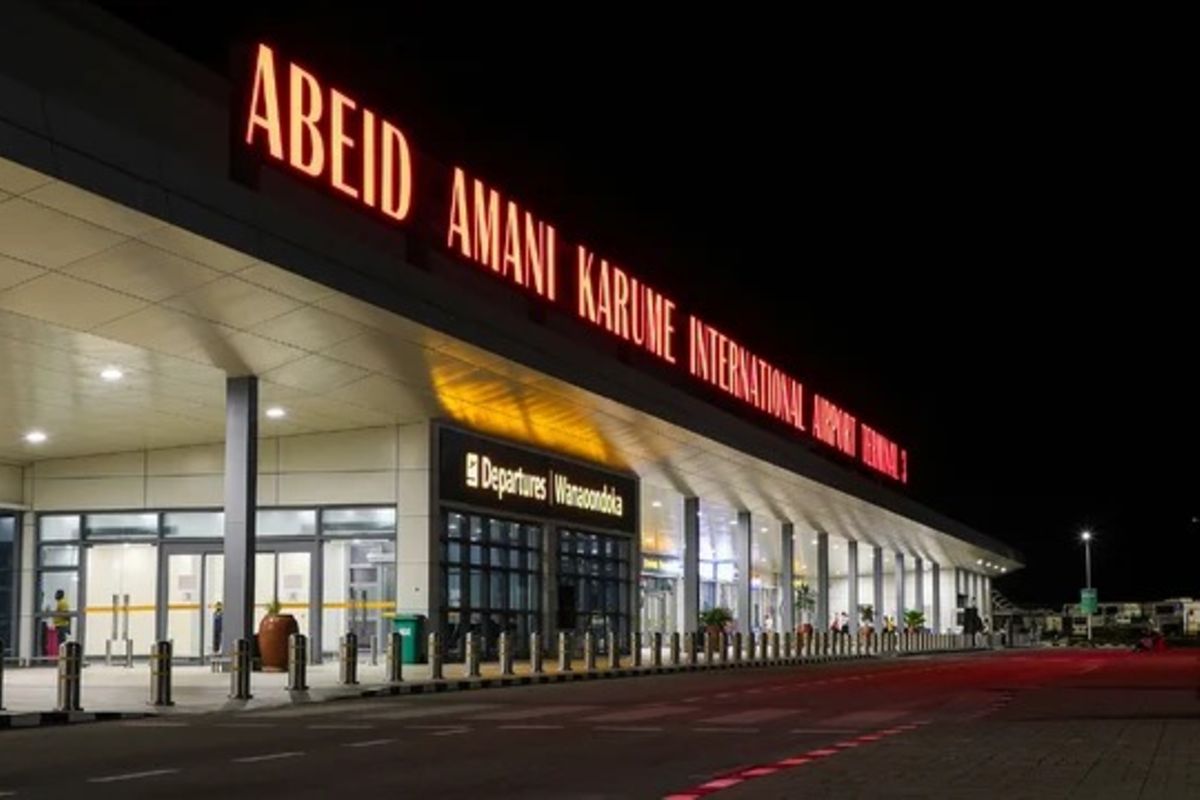Dar es Salaam. Tanzania na Somalia zimekubaliana mambo makuu matatu ya ushirikiano katika sekta ya afya ikiwemo matibabu ya kibingwa na ubingwa bobezi, kutoa mafunzo ya udaktari bingwa na bobezi na ushirikiano katika ununuzi na usambazaji dawa kupitia Bohari ya Dawa (MSD).
Hayo ni miongoni mwa makubaliano yaliyofanyika kati ya Rais Samia Suluhu Hassan na Rais wa Somalia, Dk Hassan Sheikh Mohamud aliyekuwa nchini kwa ziara ya kikazi.
Akizungumzia ziara hiyo, Waziri wa Afya Ummy Mwalimu amesema moja kati ya majadiliano ambayo Rais Mohamud alijadiliana na Rais Samia ni kuanzisha ushirikiano katika sekta ya afya.
Amesema walibainisha maeneo makubwa matatu ya kushirikiana katika kutoa matibabu ya ubingwa na ubingwa bobezi, hususani katika Taasisi ya Mifupa Muhimbili (MOI) Taasisi ya Moyo ya Jakaya Kikwete (JKCI) na Hospitali ya Taifa Muhimbili (MNH).
“Tumemwambia Rais wa Somalia kwamba tupo vizuri na tuna madaktari bingwa na mabingwa bobezi na tuna vifaa vya kutosha na vya kisasa. Madaktari wetu wamejengewa uwezo na wana uzoefu mkubwa katika kutoa huduma za ubingwa na ubingwa bobezi,” amesema.
Waziri Ummy amelitaja eneo la pili kuwa ni kushirikiana katika kutoa mafunzo ya wataalamu wa afya;
“Tumebaini kwamba madaktari wao wanaishia katika ngazi ya digrii ya kwanza, kwa hiyo tutashirikiana nao katika kutoa mafunzo ya ubingwa kupitia vyuo vyetu vikuu kikiwemo Chuo Kikuu cha Afya na Sayansi Shirikishi Muhimbili Muhas, kwa kufundisha eneo la ubingwa na ubingwa bobezi,” amesema.
Amelitaja eneo la tatu ni kushirikiana katika usambazaji na ununuzi wa dawa, kupitia MSD ambayo imekuwa na uzoefu mkubwa katika kununua, kutunza na kusambaza dawa na wanahudumia zaidi ya vituo 8000 nchini.
“Lakini pia mawaziri wa Afya wa nchi za SADC waliipa dhamana Tanzania kupitia MSD kununua dawa kwa niaba ya nchi zingine za SADC, lakini kwa kuwa kwa sasa Somalia ni mwanachama wa Jumuiya ya Afrika Mashariki, ni eneo ambalo wameona tunaweza kushirikiana nao katika kuhakikisha tunanunua dawa kwa pamoja na tuzipate dawa zenye ubora kwa bei rahisi na kuzipeleka Somalia,” amesema na kuongeza:
“Wakuu wetu wametuelekeza mimi na mwenzangu wa Somalia tujadiliane, kwa hiyo mimi na mwenzangu tutakaa na tuone ni lini tutaanza ushirikiano huu.”
Rais wa Somalia, Mohamud amesema nchi yake imeamua kushirikiana kwa karibu na Bohari ya Dawa ya Tanzania katika ununuzi wa bidhaa za afya na kubadilishana uzoefu wa namna mnyororo wa ugavi wa bidhaa za afya unavyofanya kazi.
Rais Mahamud aliyasema hayo jana alipoitembelea MSD na kuongeza kuwa kutokana na uzoefu wa bohari hiyo, wana uhakika kuwepo kwa ubora wa bidhaa za afya.
Kiongozi huyo wa Somalia na ujumbe wake alizungumza na viongozi wa Wizara ya Afya, Menejimenti ya MSD na kutembelea ghala la kuhifadhia dawa.
Source: mwananchi.co.tz














